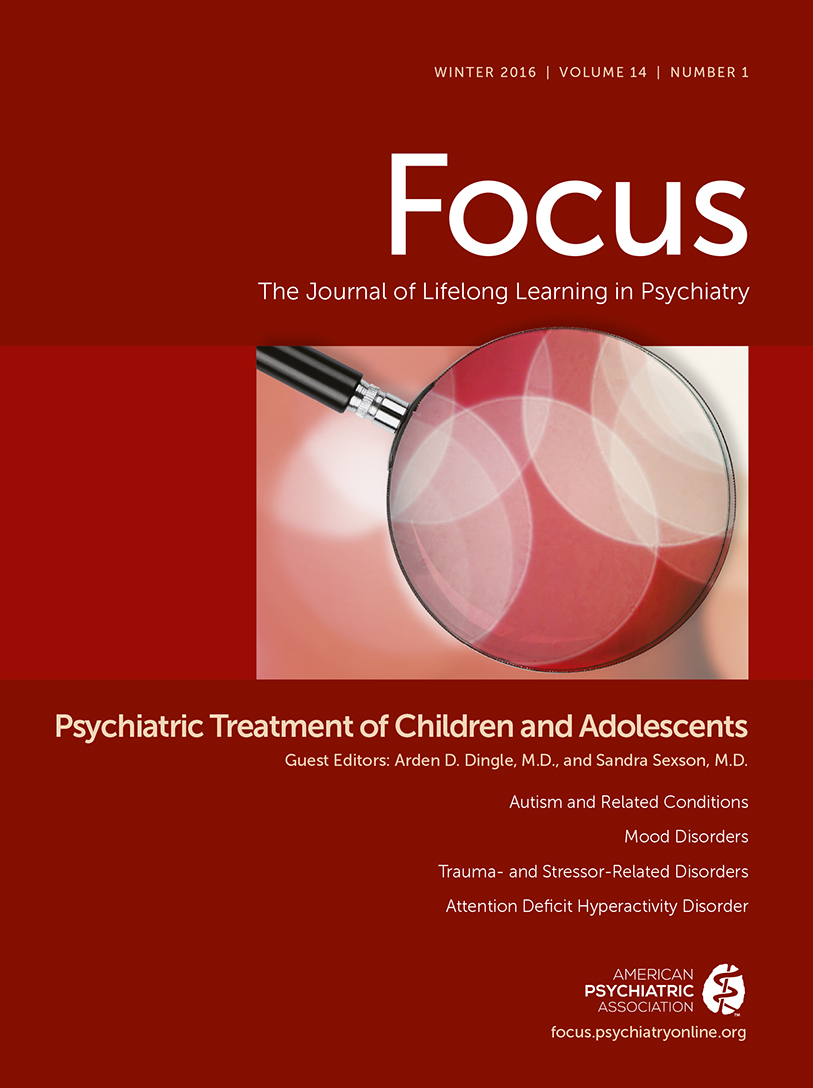Treatment of Maternal Depression in a Medication Clinical Trial and Its Effect on Children
Abstract
Objective:
Observational studies show that when a depressed mother’s symptoms remit, her children’s psychiatric symptoms decrease. Using randomized treatment assignment, the authors sought to determine the differential effects of a depressed mother’s treatment on her child.
Method:
The study was a randomized double-blind 12-week trial of escitalopram, bupropion, or the combination of the two in depressed mothers (N=76), with independent assessment of their children (N=135; ages 7–17 years).
Results:
There were no significant treatment differences in mothers’ depressive symptoms or remission. Children’s depressive symptoms and functioning improved significantly among those whose mothers were in the escitalopram group (compared with those whose mothers were in the bupropion and combination treatment groups). Only in the escitalopram group was significant improvement of mother’s depression associated with improvement in the child’s symptoms. Exploratory analyses suggested that this may be due to changes in parental functioning: Mothers in the escitalopram group reported significantly greater improvement, compared with the other groups, in their ability to listen and talk to their children, who as a group reported that their mothers were more caring over the 12 weeks. Maternal baseline negative affectivity appeared to moderate the effect of maternal treatment on children, although the effect was not statistically significant. Children of mothers with low negative affectivity improved in all treatment groups. Children of mothers with high negative affectivity improved significantly only for those whose mothers were in the escitalopram group.
Conclusions:
The effects of the depressed mother’s improvement on her children may depend on her type of treatment. Depressed mothers with high anxious distress and irritability may require medications that reduce these symptoms in order to show the effect of her remission on her children.
(Reprinted from the American Journal of Psychiatry 2015; 172:450–459, with permission from American Psychiatric Association Publishing)



